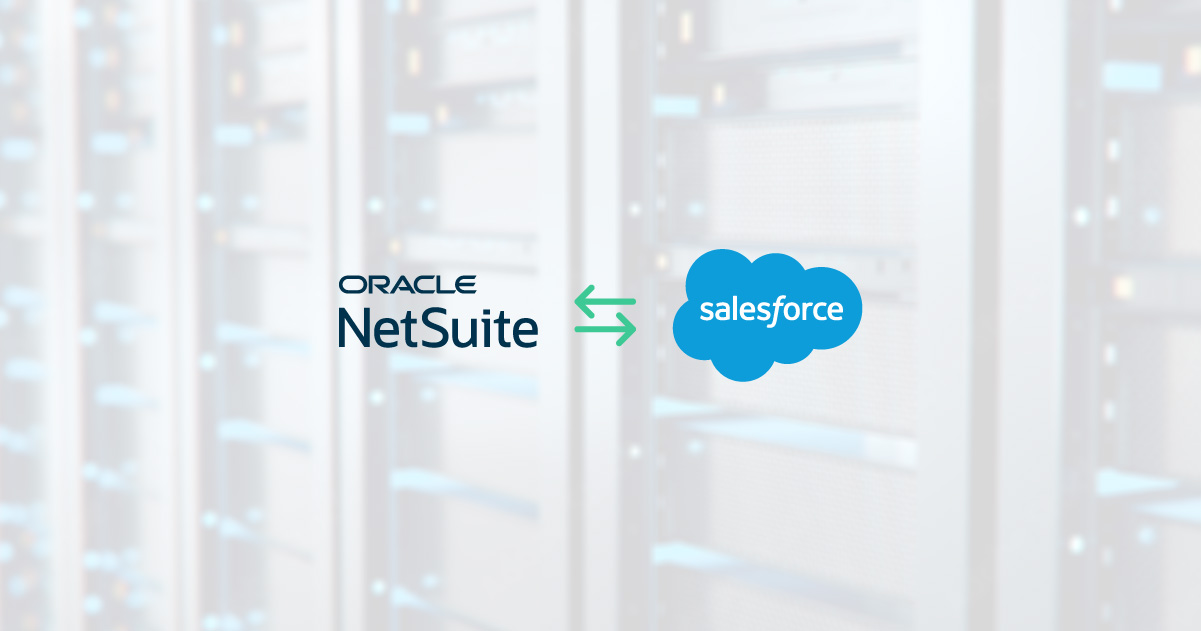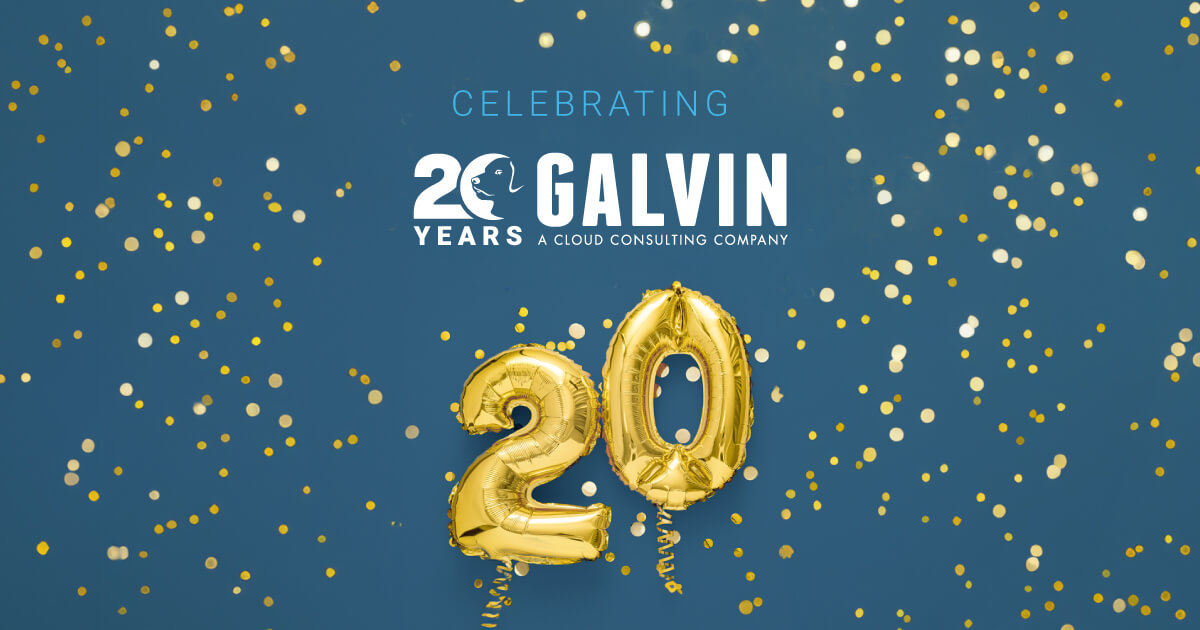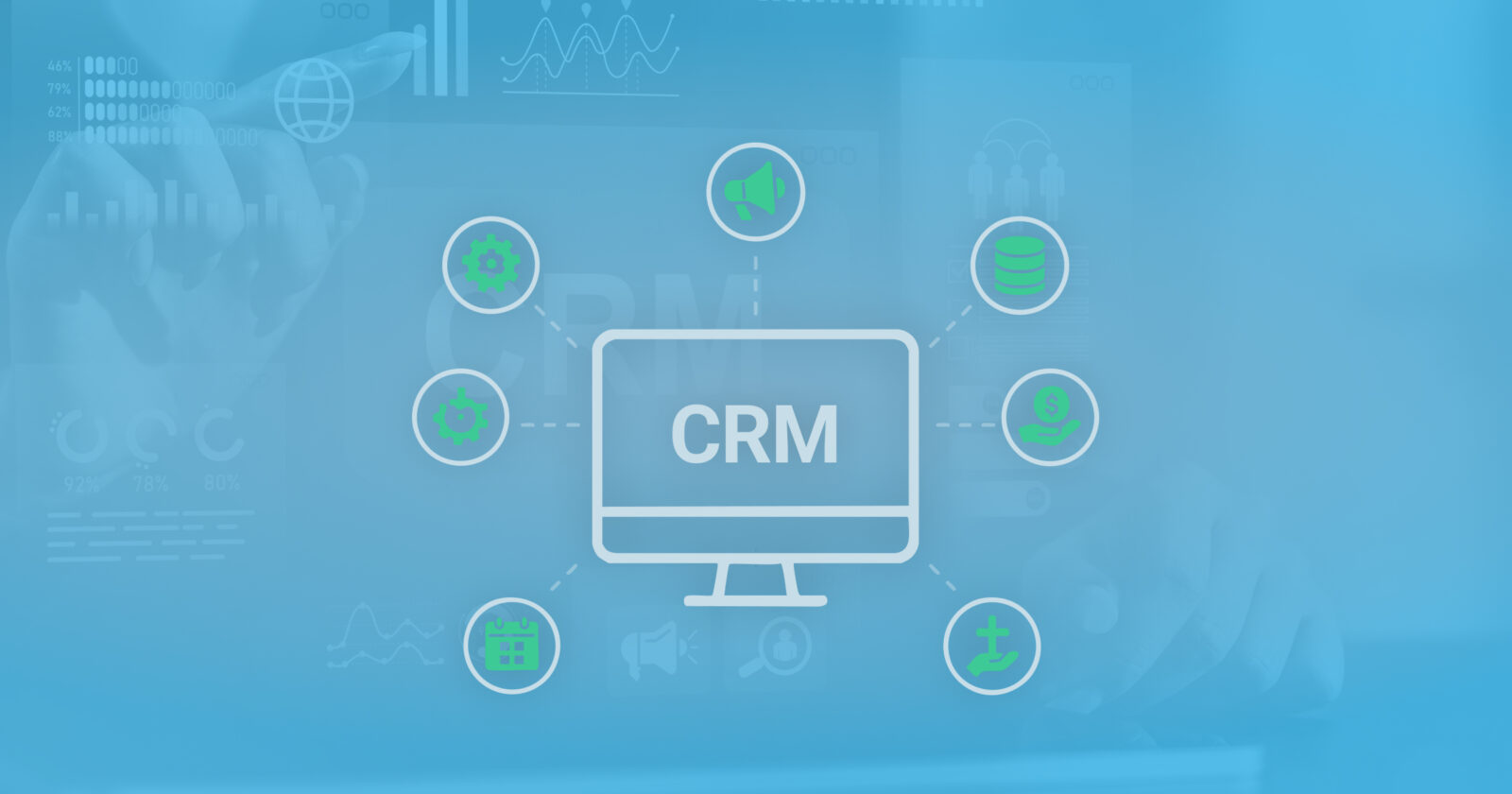6 Challenges Sales Managers Face When Implementing Salesforce
Over the years we have had the privilege to work with many sales managers and their sales teams as we implement Salesforce into their sales organization. These companies are looking for a solution that organizes their sales processes so their sales teams can ultimately sell more and provide a better customer experience. Sales managers want better processes, more accountability and better visibility into sales. Although Salesforce is a tool that will help sales teams achieve these goals its still just a tool.
Changing the Culture
When sales managers implement Salesforce they will be dramatically “Changing the Culture”. It doesn’t matter what technology you bring into the office – its new, different and it will affect the culture. For example, last month we bought a new Ninja Coffee Maker for the office. In the opinion of our office manager this was a better coffee maker and something the office would benefit from. But it was different. No longer are we using K-Cups but instead giving our employees more options with their coffee. It took a solid week for people to get use to a new way of making coffee. This is the same with Salesforce. When implementing Salesforce you are bringing new technologies and new processes into the company and to get the results you ultimately want sales managers have to change the culture.
But changing the culture presents one of the most challenging aspects when implementing any customer relationship management (CRM) application. In order to change the culture successfully sales managers need to hit these six challenges head on:
6 Challenges When Sales Managers Implement Salesforce
1. Sales People
If it wasn’t for sales people then CRM would be easy. Sales people want to sell and they don’t want to be bothered with having to update data into their CRM. Almost every Salesforce implementation we do we hear from the passive aggressive sales person who says “oh, you want me to update Salesforce instead of selling?”. The answer is “yes”. Sales people have to be held accountable and for some reason too many sales managers don’t want to hold them accountable to anything other than selling. Lets compare this to our colleagues in accounting. What if they didn’t want to update commission numbers? Accounting has to be spot on and they are held accountable to a hire standard when it comes to data. Sales people need to be held to this same standard. As a sales manager you have to explain why it is important that sales people keep their CRM updated. Its critical to updating Salesforce throughout the day because other people in the company need that data. For example, operation leaders rely on accurate forecasts so they can plan resources accordingly or customer service needs to know all the contacts at a company when working with them. When sales managers explain the data is important because other people rely on it then you will get the results you need.
2. Activity Tracking
Every single Salesforce implementation we do our clients indicate they want better activity tracking from their sales people. They want emails saved, logged calls, meeting notes and more. This sounds great but I always ask “do you collect this information now?”. The answer is always “no”. So when you tell sales people to track their activity they won’t because they never had to and they definitely don’t want to be held accountable to tracking activities. As a sales manager you can change this culture by putting weekly sales activity metrics in place. There are several ways to track activities. Here are a few:
- Type of Activity – to ensure your sales people are doing all the right types of activity then sales managers should set goals in place for how much of their daily activities should be spread across prospecting, selling, account management, issue management and other. This way a sales manager can ensure sales people are doing all the right types of sales activities and not just focusing on one over the others.
- Numbers of activities – this is the most common and we mostly see this with BDR teams. This is setting daily/weekly metrics for number of calls, emails, meetings, etc.
- Point System – not all activities have the same weight and sales managers don’t want to micro manage every activity. So when you create a point system you just need to tell your sales people to hit that number each week. For example, your goal might be 116 points/week. Every call is .5 points, an email is .25, a meeting is 6 points, a signed contract is 20 points and so on. All that sales people need to do is show up to their sales meetings with more than 116 points. Learn how you can create your internal point system.
3. Getting Rid of Spreadsheets
When you implement Salesforce you need to strive for no spreadsheets. We tell clients to “burn the boats”. You’ve landed on Salesforce. Spreadsheets got you here but its time to get rid of them. Too many sales managers still rely on spreadsheets and run their sales meetings and sales metrics out of spreadsheets. When sales managers do this then they take the credibility out of Salesforce. When you change the culture you have to tell your sales people that you are now running all sales metrics and sales meetings out of Salesforce reports. Therefore, if their data is not in Salesforce then its not showing up on the report.
4. Weak Pipelines
Sales manager have sales goals or quotas for their sales people. Getting reports on how much business you have won is easy to create in Salesforce. But sales managers focus and manage a pipeline. As a sales manager you have to have clear goals for your sales pipeline. We often explain to our clients that they have to set pipeline quotas for their sales people. A pipeline quota is a number of how much in opportunities your pipeline must always have. Ultimately its the pipeline that sales managers and sales people are working with everyday. Therefore, shouldn’t this be the most important metric and get the most attention daily and weekly?
5. Dirty Data
 If you’re managing a sales pipeline you will obtain dirty data. There are many tools to help keep account and contact data clean but its the pipeline data that sales managers have to make sure is accurate. When dealing with pipelines there are opportunities that go cold for whatever reason and sales people naturally forget about these but those opportunities are still in the pipeline. Its bad data like this that will negatively affect your forecasts. So as a sales manager you need to create reports to ensure the pipeline data is good. Example reports include:
If you’re managing a sales pipeline you will obtain dirty data. There are many tools to help keep account and contact data clean but its the pipeline data that sales managers have to make sure is accurate. When dealing with pipelines there are opportunities that go cold for whatever reason and sales people naturally forget about these but those opportunities are still in the pipeline. Its bad data like this that will negatively affect your forecasts. So as a sales manager you need to create reports to ensure the pipeline data is good. Example reports include:
- Stage age – opportunities can’t sit in certain stages for more than a certain amount of days.
- Past Due Opportunities – these are opportunities where the target close date is past due. When sales people keep this accurate they will naturally keep the opportunity updated too.
- No opportunities without a next task – Every opportunity should have an upcoming task associated with it. These could include call, send email, follow up, visit, meeting, etc. These are all activities that sales people perform to move an opportunity forward. When an opportunity doesn’t have a next task then you risk it getting forgotten.
6. Weak Sales Meetings
T he last challenge is you, the sales manager. Now that you have Salesforce your sales meetings have to improve. Strong sales managers run their meetings from a Salesforce dashboard and they manage to the pipeline and activity metrics. No longer should sales people send you their sales notes the night before the meeting or an email with what they did. When you’re using Salesforce all day, every day then the reports are getting updated in real time and then when you have that sales meeting all a sales manager has to do is open up a sales dashboard and manage from that.
he last challenge is you, the sales manager. Now that you have Salesforce your sales meetings have to improve. Strong sales managers run their meetings from a Salesforce dashboard and they manage to the pipeline and activity metrics. No longer should sales people send you their sales notes the night before the meeting or an email with what they did. When you’re using Salesforce all day, every day then the reports are getting updated in real time and then when you have that sales meeting all a sales manager has to do is open up a sales dashboard and manage from that.
Sales managers are the reason CRMs fail but this doesn’t have to be you. Good sales managers have clear metrics and hold their sales people accountable to them. You will get everything you hoped for and more out of Salesforce when you face these challenges head on.
Good Luck!
Want to learn more? Galvin’s Salesforce for Sales program is designed to help sales managers change their culture while implementing Salesforce. Click here to learn more. You can also contact us today to get started.
Also published on Medium.
— Related Articles —
— Also on Galvin Tech —
Also published on Medium.













